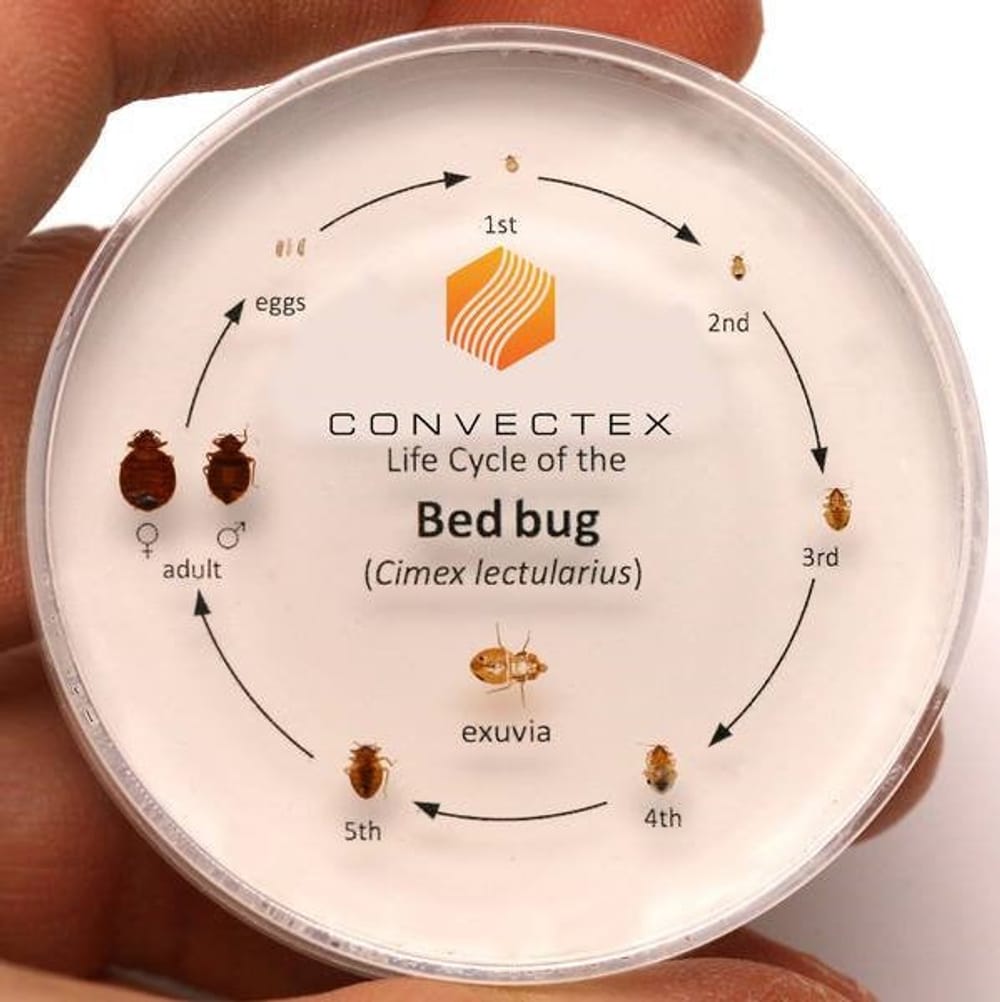Little Known Facts About Bed Bug Services.
Table of ContentsThe Ultimate Guide To Bed Bug ServicesNot known Facts About Bed Bug ServicesGet This Report on Bed Bug ServicesThe 9-Second Trick For Bed Bug Services
A thorough bed bug inspection by experts is much more than a simple walkthrough and demands careful attention. Bed bugs are difficult-to-detect, fast-moving pests that seek cracks, crevices, and furniture seams. Because of their stealthy behavior, detailed examination is necessary to determine the presence and extent of an infestation. Professional inspectors rely on specialized equipment, systematic procedures, and experience to identify infestations early, preventing spread and further infestation.The first step in any professional inspection involves familiarizing oneself with the biology of bed bugs. Bed bugs belong to the Cimicidae family and experience multiple nymph stages before reaching adulthood. Adults are around five millimeters long, flat, reddish-brown, and wingless with slender legs and antennae. Their mouthparts are designed to pierce skin and extract blood, producing skin irritation and visible marks. Knowing these traits helps inspectors anticipate hiding spots.
Early detection is essential for preventing large infestations. Professionals look for specific indicators such as tiny ink-like droppings, molted skins, and egg clusters (Bed Bug Services). Even one female can produce dozens of eggs quickly, leading to rapid infestations if unchecked. Evidence of shed exoskeletons or leftover eggs indicates active infestation and demands thorough examination
Preparing for an inspection involves careful organization. Inspectors often suggest tidying up spaces to allow full access, which improves access to furniture and baseboards. Bedding and linens may be cleaned thoroughly and sealed in plastic bags, and then kept in plastic bags to maintain cleanliness. Wall decor, mirrors, and pictures should be taken down to check hiding places. Vacuuming furniture and floors may capture visible bugs and eggs, and vacuum bags should be discarded carefully to avoid spreading.
Bed Bug Services - Truths
The inspection itself is systematic and thorough. Inspectors focus on sleeping areas like beds, click to read more headboards, and mattresses, looking closely at creases, joints, and folds. Upholstered furniture, including couches and chairs, is inspected thoroughly, including underneath and inside cushions. Baseboards, moldings, the edges of wall-to-wall carpeting, electrical outlets, closets, and storage areas receive detailed attention, as these can be frequent hiding places.
Specialized YOURURL.com tools help inspectors find hidden pests. Flashlights, magnifying lenses, multi-tools, and mirrors help inspect hard-to-see areas. Monitoring devices like interceptor traps or sticky pads help track bed bug activity over time. Some companies bring in canine teams, which accurately identify active infestations, distinguishing them from old evidence.

Meticulous documentation is essential. Inspectors record the locations of evidence, severity of infestation, and treatment recommendations. This provides a reference for follow-ups and facilitates discussion with residents. Residents are often asked to avoid disturbing potential infestation signs, as this prevents loss of critical information.
After inspection, a monitoring plan may be put in place to verify infestations and observe trends. Continuous monitoring assesses the effectiveness of treatment, and interviews with household members provides additional insight. Cooperation from residents enhances detection.
What Does Bed Bug Services Mean?

Professional inspections offer a higher level of accuracy than DIY attempts. Trained inspectors recognize early evidence of bed bugs, ensure the correct pest is addressed, and give peace of mind.
Bed bug inspections are particularly important in high-risk environments. Inspectors assess all connected areas to ensure the infestation is fully mapped (Bed Bug Services). This stops further spread
In summary, a professional bed bug inspection involves understanding bed bug biology, preparing the space, conducting systematic inspections, using specialized tools, documenting findings, and implementing monitoring protocols. Each step contributes to accurate detection, effective treatment planning, and long-term prevention.
The Single Strategy To Use For Bed Bug Services
